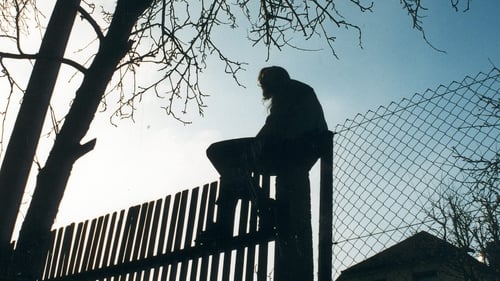
Co-Writer
At the beginning of the war in Croatia, Vjera refuses to leave the ruins of her home on the front line . Her husband flees town while their son goes to battlefield. Working as an interpreter she starts her path of self-discovery.

Writer
At the beginning of the war in Croatia, Vjera refuses to leave the ruins of her home on the front line . Her husband flees town while their son goes to battlefield. Working as an interpreter she starts her path of self-discovery.

Director
At the beginning of the war in Croatia, Vjera refuses to leave the ruins of her home on the front line . Her husband flees town while their son goes to battlefield. Working as an interpreter she starts her path of self-discovery.

Director
Es un retrato políglota de las ideas sobre las fronteras de principios del siglo XXI. En un viaje episódico, cinco directores de Polonia, República Checa, Eslovaquia, Hungría y Eslovenia, presentan su visión de la nación, la identidad y Europa: al colocar su impronta cinematográfica personal en los retratos multifacéticos de sus países de origen, abren una amplia espacio para encuentros con los extraños de al lado.

Writer
An intimate story about the author's search for her brother who went missing in action during war in Croatia in 1991. In a way, the film is a follow-up of the author's grandmother whose husband was killed in World War II. For the rest of her life the grandmother was awaiting his return. The Boy Who Rushed won numerous national and international awards, including the annual Vladimir Nazor Award for Film. It was shown at more than twenty international festivals. In 2001, it was Croatian candidate for Oscar for Best Documentary Film. The Boy Who Rushed is one of the best and most awarded Croatian documentaries in the past two decades.

Director
An intimate story about the author's search for her brother who went missing in action during war in Croatia in 1991. In a way, the film is a follow-up of the author's grandmother whose husband was killed in World War II. For the rest of her life the grandmother was awaiting his return. The Boy Who Rushed won numerous national and international awards, including the annual Vladimir Nazor Award for Film. It was shown at more than twenty international festivals. In 2001, it was Croatian candidate for Oscar for Best Documentary Film. The Boy Who Rushed is one of the best and most awarded Croatian documentaries in the past two decades.





